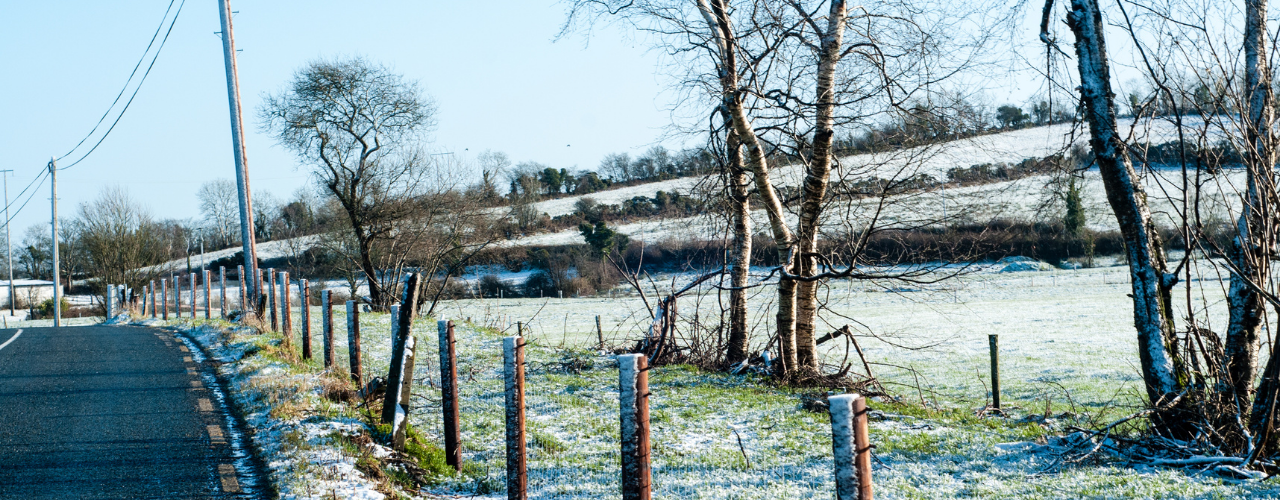
Through different people’s eyes Ireland can look very different.
We are green in colour, due to our wet weather, allowing the assumption that we are green in nature and practice to linger in our national identity and in our marketing strategy for international visitors and food production.
Any in-depth look at the state of our ecosystems, energy consumption and our housing and transport systems would reveal deficiencies and disappointments. Cursory glances at our environmental policies and declarations might indicate ambition and a drive to protect our natural environment. However, the raft of litigation, submissions and objections highlight that behind the opaque language of technical jargon lies a distinct lack of desire to realise our responsibility to change the path on which we tread.
The recently published “Ireland’s Environment – An Integrated Assessment 2020” report by the Environmental Protection Agency (EPA) crystallises this image and paints a grim image of Ireland environment today. The report spans a wide range of topics including climate, air quality and emissions, water, nature, waste and circular economy and radon. In all of these reported areas we are failing.
Our excessive reliance on solid fuel and fossil fuels for our energy needs has resulted in poor outcomes in terms of climate, air quality and emissions. Our model of agriculture has been identified as a driver of deteriorating biodiversity and water quality with nutrient run off and habitat change the leading cause. Over exploitation of resources including peat mining, fishing as well as our destructive forestry model all lead to destruction of our natural environment. Our production of waste, reliance on single-use items and packaging is at odds with the need to transition to a circular economy to reduce waste and make the most of our resources.
Pope Francis contested that we had “to become painfully aware, to dare to turn what is happening to the world into our own personal suffering and thus to discover what each of us can do about it” (LS19). Perhaps this report, which is unrelenting in its assessment, is the catalyst we need to become painfully aware of what is happening in our country as well as for a plan we can follow to change our collective habits.
Integral ecology
This assessment not only highlights the state of our collective environment, but also articulates the importance of our environment and interconnected nature of the health of our natural environment and our physical and mental health and wellbeing as well as our economy. “Protection of our waters, air, soil, ecosystems and biodiversity is not to be considered as merely an ambition driven by altruism, as these systems and species provide essential supporting services for our wellbeing and our economy”.
The integrated nature of this assessment also points out the interconnectedness of our ecosystems: “there are synergies between the solutions to many of the challenges we face. Biodiversity protection, land use and Ireland’s transition to a climate-neutral, climate-resilient society are linked, for example, and can be worked on together.”
Francis also articulated this interconnected between ecosystems and the natural and social environment, “Since everything is closely interrelated, and today’s problems call for a vision capable of taking into account every aspect of the global crisis” (LS137). The connections that exists between different species, ecosystems and societies means that all our actions have consequences beyond the obvious, with impacts rippling out. This is true for both the negative and positive actions. Degrading and polluting ecosystems has detrimental societal consequences including poor water and air quality, while ecosystem restoration can similarly have a positive knock-on impact.
An integral ecological approach, which takes into account all of these interactions, is the only way in which we will be able to plan for a better, heathier future. It “is a source from which we can weave a coherent, compelling, and convincing counter-narrative to the tired and increasingly desperate calls to return to business as usual.” Business as usual resulted in this blistering report by the EPA and it cannot be the means by which we try to fix our mistakes. If we are to create a new reality we need a narrative that brings everyone along, developing and implementing policies and actions in the full understanding of the complex interconnectedness that exists in every part of our natural and social environment.

